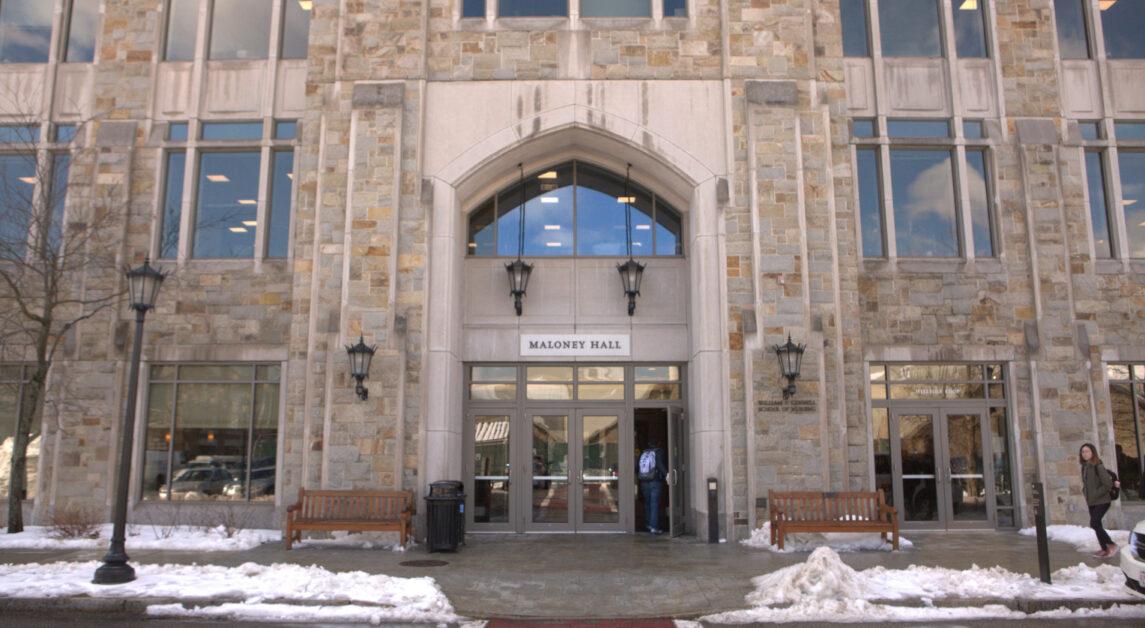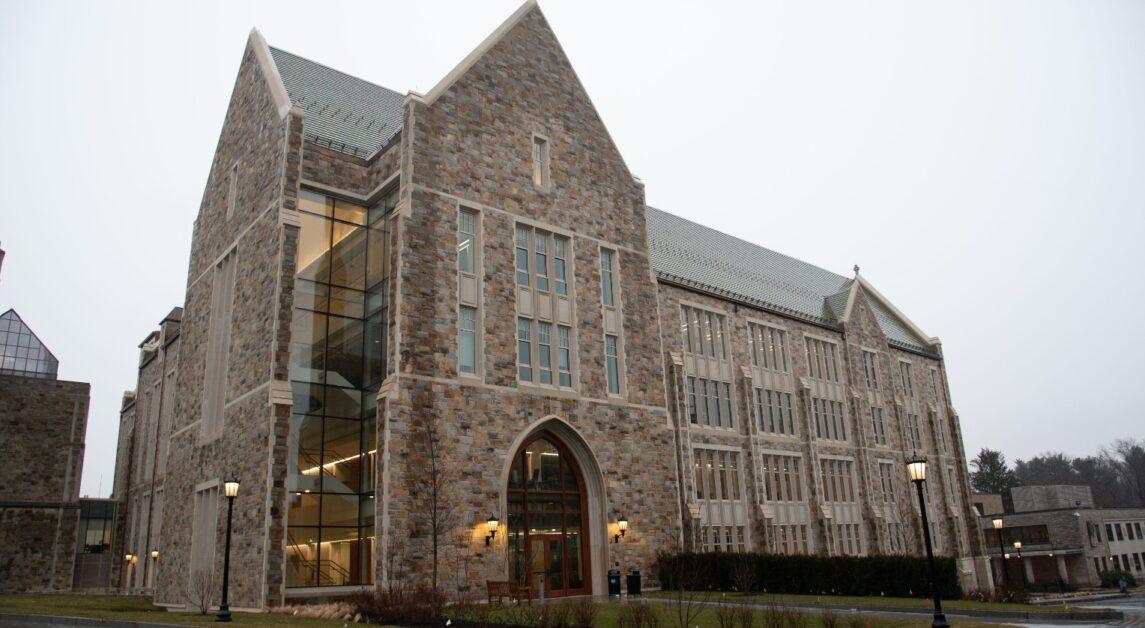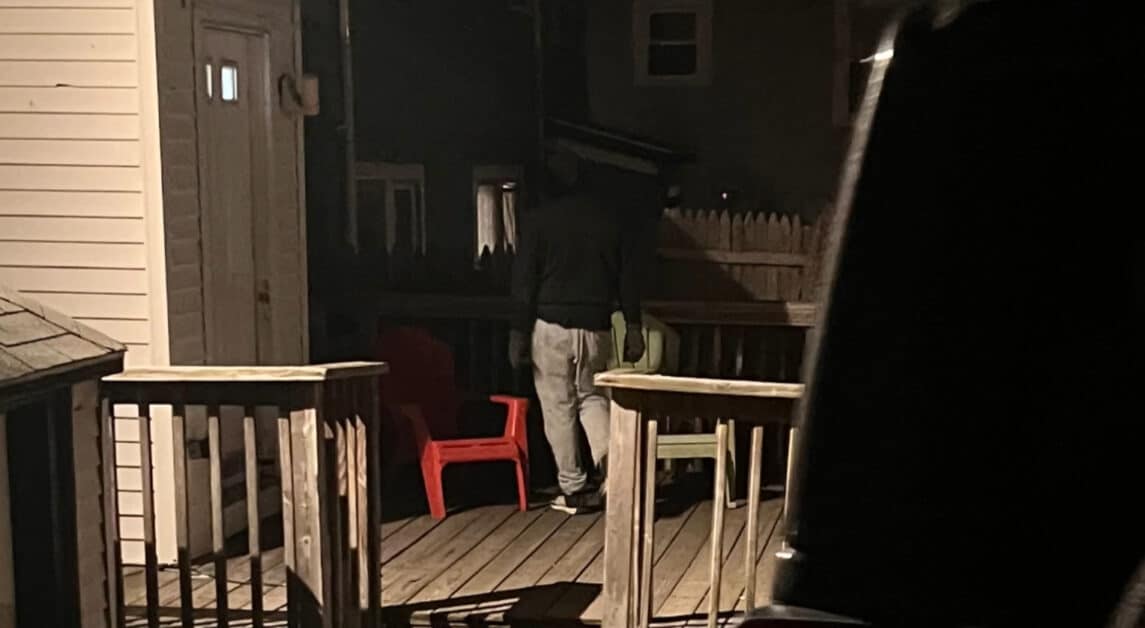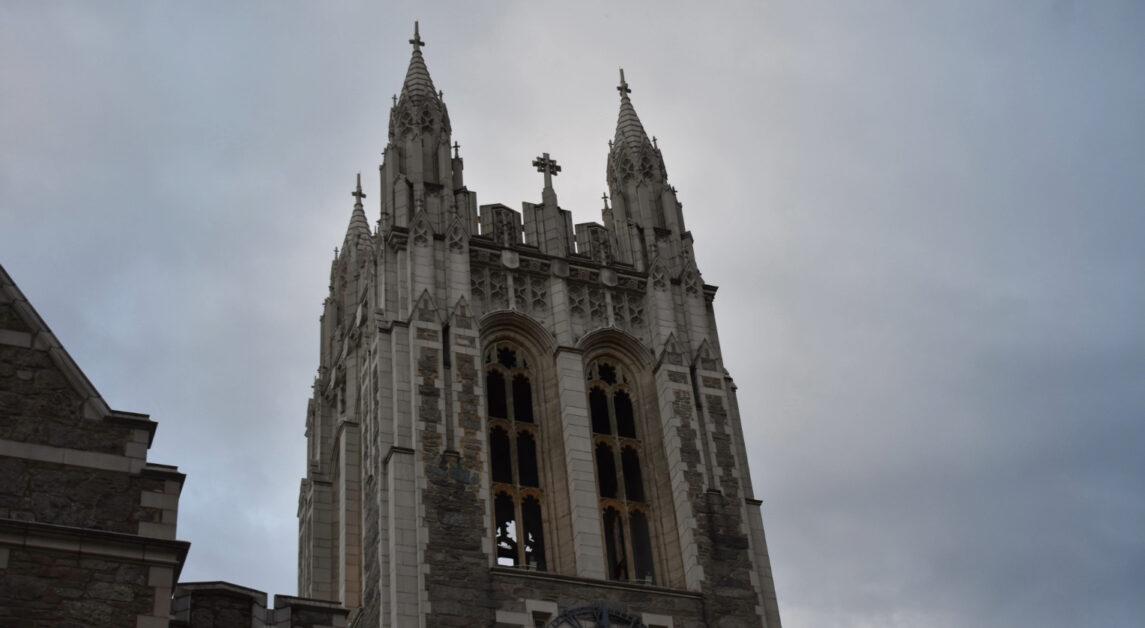Last week marked the 50th anniversary of Earth Day, and students from colleges in the greater Boston area were determined to continue the celebration despite the current pandemic. Climate Justice at Boston College, along with student groups from 12 other universities, took Earth Day online with multiple virtual events from April 22 through 24.
A co-founder of the College Climate Coalition (CCC), Climate Justice at Boston College (CJBC) and other student environmental groups had initially planned for mass strikes on Earth Day, according to a CCC press release, but the COVID-19 pandemic forced groups to move their activism online. Other BC organizations, including the Sustainability Action Committee and the Green Week Planning Committee, joined CJBC in online protests and information sessions.
CJBC co-hosted an Earth Day event on Wednesday with students from other local universities—including Boston University, Harvard University, and Tufts University—consisting of a virtual “Earth Day Parade” on Facebook. Divest BU group created a Facebook page, wherein “paraders” could post their own art on the page wall and viewers could scroll through the page in a parade style.
A few of the event posts showed Tufts students holding posters with phrases such as “Make my Degree Fossil Fuel Free” and “Injustice is Not an Investment.” Other posts included a quote from Gretha Thunberg and an album of poems with visuals and writing.
Later in the day, Divest Harvard held a rally on Zoom for students and faculty. Ninety-seven people took part in the rally, listening to various speakers, participating in Zoom breakout rooms, and sending out pre-formatted emails to Harvard.
The rally featured prominent members in the environmental movement, including Bill McKibben, Gaurab Basu, co-director of the Center for Health Equity Education and Advocacy at Cambridge Health Alliance, and Janet MacGillivray, a founder of Seeding Sovereignty. The speakers talked about the urgency of climate action and connections between climate change and the COVID-19 pandemic.
“You do not get to negotiate with chemistry and physics and biology,” said McKibben, a Harvard alumnus and founder of 350.org, a non-profit aiming to end the use of fossil fuels. “We didn’t flatten the coronavirus curve in this country in time, so we are paying an enormous price. … It’s precisely the analogy for what we didn’t do 30 years ago to flatten the carbon curve.”
Others argued that the current system is broken and that the government is failing to protect their citizens.
“COVID-19 and climate change are not individual issues, they are everything issues,” Basu said. “It exposes what is so broken in our society—these crises are an issue of health care and economic justice and political conflict.”
“The communities most ravaged by COVID-19 are the same communities that have been marginalized and disproportionately affected by climate change,” said Tina Shull, a Harvard professor.
Following the speaker talks, Harvard student facilitators broke the group up into smaller rooms to open up the conversation to the rest of the participants. Each facilitator took a room and provided a set of questions for the group to discuss. Facilitators linked to a pre-formatted email asking Harvard to divest from fossil fuels, encouraging students and faculty to add a personal note and send the email themselves.

On Thursday, more than 4,000 people partook in a livestream titled “Higher Education: Complicit or Leaders in Climate?” CJBC helped in the creation of this segment, with Kyle Rosenthal, CSOM ’21, narrating a portion of it. The segment consisted of graphics, animations, pictures, and videos, with student narrators from various divestment clubs urging divestment from fossil fuels.
“The fossil fuel divestment movement is not solely about financial decisions and carbon emissions,” one narrator said. “It’s about mobilizing higher education to take a stand, raise their voice, leverage their prestige for change.”
The livestream segment featured a timeline of events from 2012 to 2020, walking watchers through major events in college divestment activism. Some of the more recent events included the Harvard-Yale football game protest, where students from various schools, including BC, stormed Yale’s football field demanding climate justice, and Fossil Fuel Divestment Day in February.
“Divestment is our tactic. Justice is our goal” appeared on the screen in large letters multiple times throughout the livestream.
“[Our universities] know the destruction caused by fossil fuels, and they know they’re profiting from climate chaos,” Rosenthal said. “They know what is right—they simply choose not to do it.”
Featured Image taken from Alexandra Levine’s computer.


















